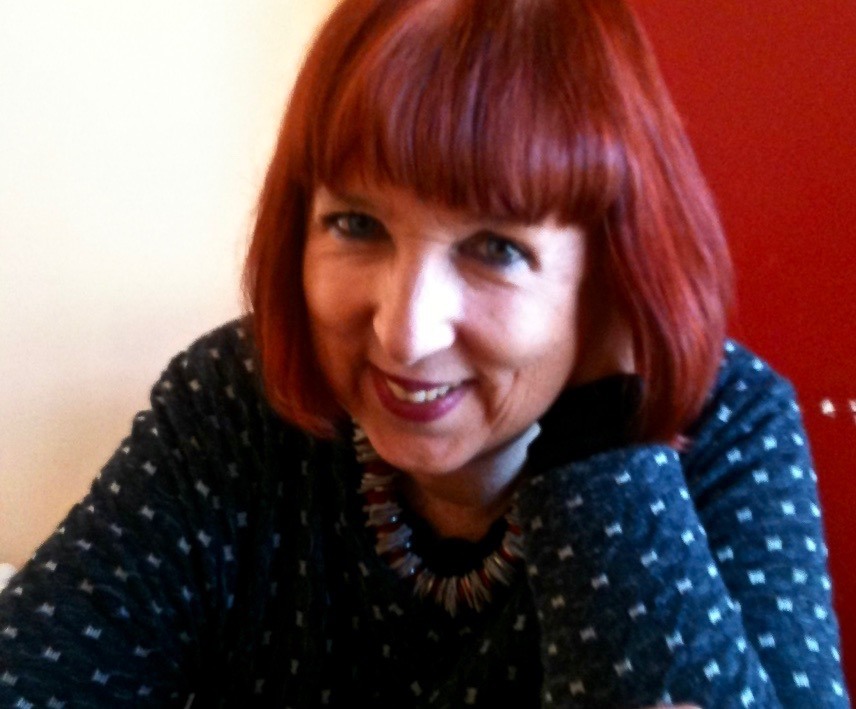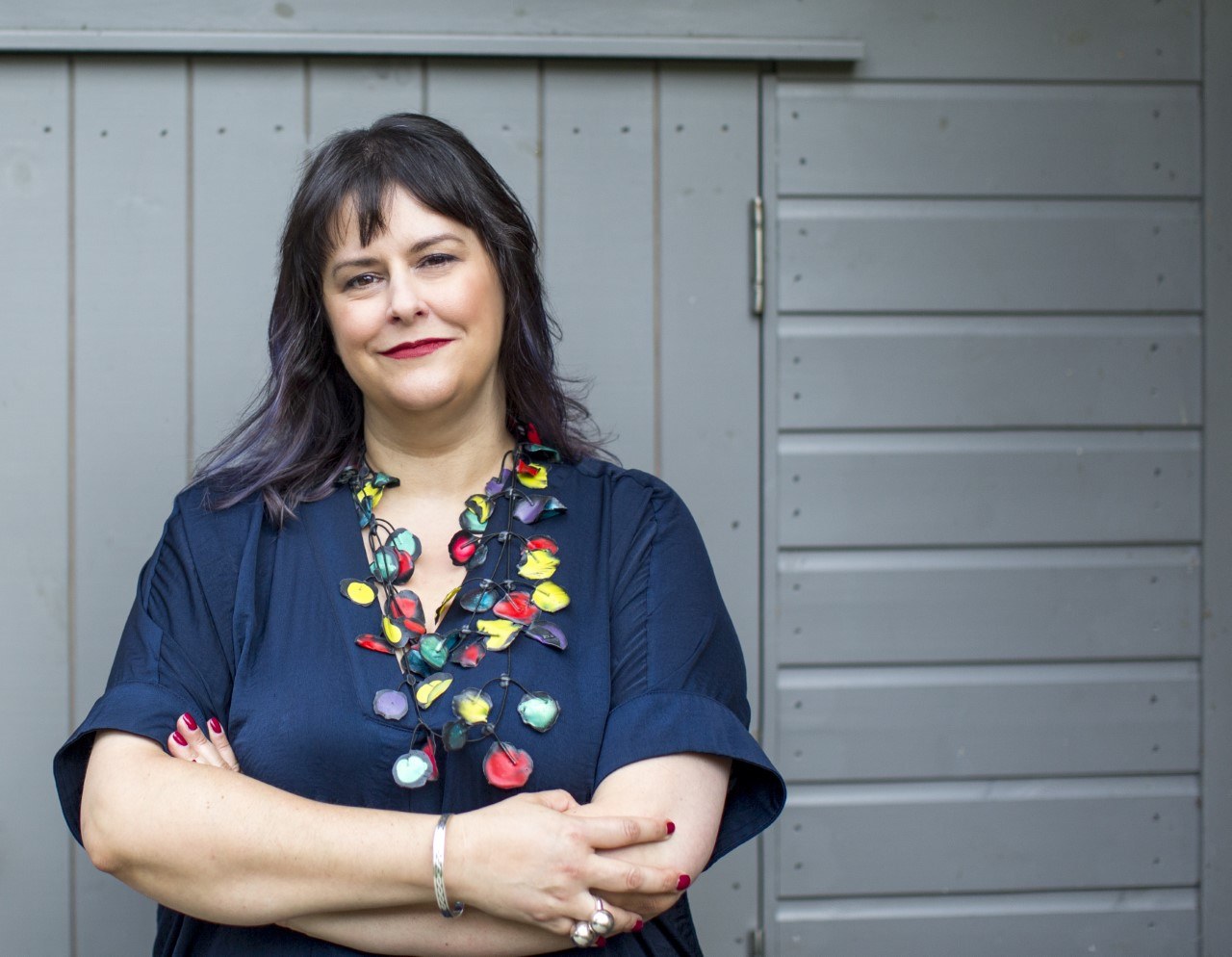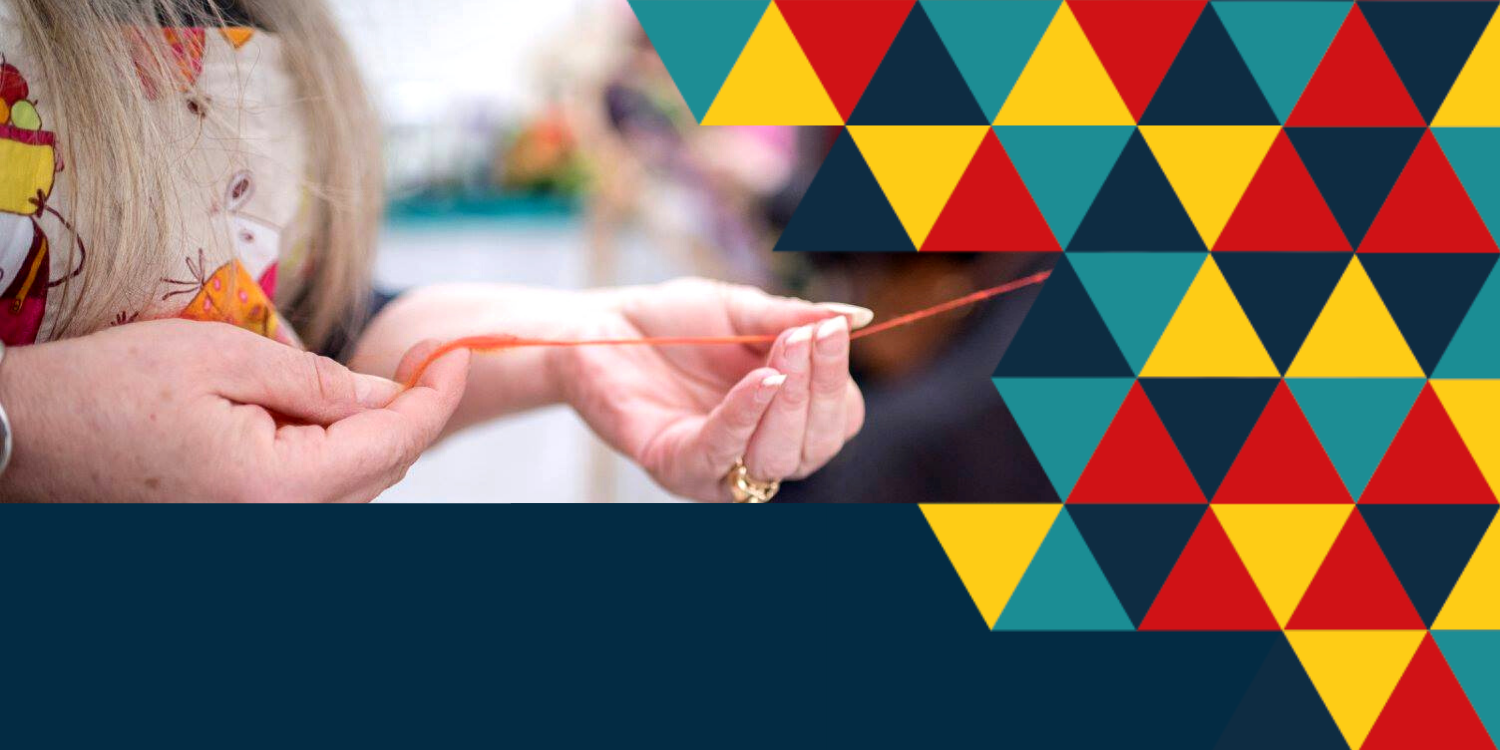On the governance today and in the future
What are the most pressing governance challenges facing the culture sector today?
- Supporting creative ambition and risk while dealing with the increasing level and complexity of the accountabilities that Trustees now face.
- Recognising that there is no such thing as steady state anymore and learning to build on the rock of change.
- Creating an environment in which we are kind to each other and tough on issues.
How has cultural governance changed in the last 10 years?
Over the past ten years there has been a more open and creative conversation about cultural governance. Trustees and Executives don’t feel so alone and there have been new forums for sharing problems and developing more responsive governance structures.
We are more open and transparent in the way we recruit Trustees and our Boards are more diverse. However, that progress has been slow and while there is more ethnic diversity and a better gender balance, diversity in terms of class and age remains a challenge. The unresolved question of payment for Trustees hasn’t helped things there. We have also been slow to involve ‘experts with lived experience’ (young people or audience members, for example) in the governance of our cultural organisations.
It has become harder to recruit Trustees, particularly to Chair roles. People are much more aware of the accountability, responsibilities and liabilities that come with these roles and the level of commitment they require.
What’s the greatest opportunity that sector-wide good governance might bring?
Good governance is a means to end and not just about rules and regulations. Sector-wide good governance is likely to make those who govern more courageous and help us develop organisations which are robust enough to take artistic risk even in challenging times.
Sector-wide good governance will also encourage more creative conversations about how we lead. On a practical level it will provide more role models for Trustees and broaden our address books. This is likely to lead to Boards that are more comfortable with difference. A truly diverse board includes not only people from different backgrounds and with different expertise but people with different views about how the organisation might achieve its aims and ambitions.
How do you see the governance of culture evolving over the next few years, particularly with the civic role of the arts in mind?
Connecting the arts with other sectors is likely to strengthen artistic excellence. Taking arts organisations outside their buildings and into broader civic society will help us reach new audiences, develop cultural cohesion, and build partnerships with social and commercial sector partners and public authorities. It won’t be easy and it will require leadership that is both curious and brave and a government that is willing to work across sectors at both national and local level.
What’s the future of cultural governance in one word?
Connected.



